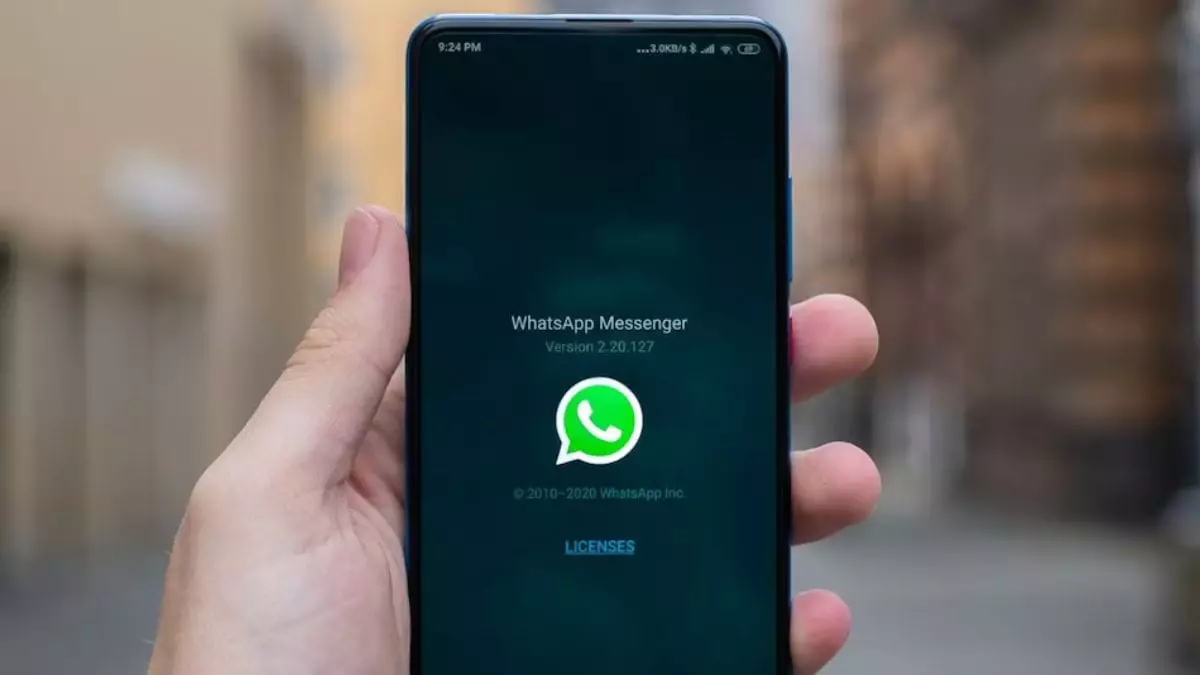WhatsApp, a prominent messaging platform, is reportedly venturing into innovative territories by integrating artificial intelligence (AI) capabilities within its application. According to insights from WABetaInfo, there is a burgeoning feature that will empower users to design personalized AI characters directly within WhatsApp. This functionality promises to enhance user interaction—providing an avenue for creativity and a more tailored communication experience reminiscent of features already seen in its sister applications, Instagram and Messenger.
The anticipated AI character creation tool is set to allow users to define the personality traits and focal areas of their chatbots using descriptive text prompts. This process could lead to the generation of unique profiles for these bots, inclusive of visual avatars and bios. This inventive approach not only diversifies the user experience but shifts the focus from static messaging towards a more dynamic conversational and experiential format. The notion of having a conversational partner that aligns with one’s personal interests and communication style is an exciting proposition for users seeking deeper engagement.
It is essential to note, however, that this feature is still in the nascent stages of development, with no access available to beta testers yet. Recent updates—specifically versions 2.25.1.26 and 2.25.1.24—highlight the fledgling potential of this AI function. Screenshots suggest that the development might involve an interface where users can input detailed descriptions of their chatbot’s characteristics, with a generous allowance of up to 1,000 characters. Furthermore, WhatsApp appears committed to assisting users during this creative process by providing descriptive suggestions, ensuring a streamlined and engaging experience.
What’s particularly intriguing is the possibility of a dedicated space within the app to showcase these AI characters. A separate tab might not only represent the personalized bots crafted by users but may also house those available for public use. This potential communal aspect could foster a creative exchange among users, where ideas and styles can be shared and inspired. However, the uncertainty about whether these AI chatbots will be accessible across other Meta platforms remains.
As WhatsApp moves towards incorporating AI technology, the implications extend beyond mere customization. This advancement could signify a shift in how users interact with one another and with bots, advancing towards an era where communication is more reflective of individual preferences and styles. While the timeline for this technology remains unspecified, its development could redefine user engagement within the messaging ecosystem—marking a significant evolution in the way people connect and communicate in a digital landscape increasingly dominated by artificial intelligence.
WhatsApp’s initiative to introduce personalized AI characters presents a compelling glimpse into the future of interactive messaging, with the potential to not only enhance user experience but also redefine our concept of digital communication.

